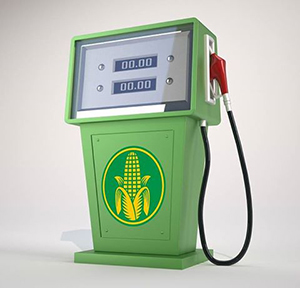By SEMA Washington, D.C., Staff
 The Senate Natural Resources and Water Committee has approved legislation to allow funds collected for California’s Off Highway Motor Vehicle Recreation (OHMRV) program to be spent by other agencies on unrelated programs and never reimbursed. |
Legislation to allow funds collected for California’s Off Highway Motor Vehicle Recreation (OHMRV) program to be spent by other agencies on unrelated programs and never reimbursed was approved by the Senate Natural Resources and Water Committee. The bill has now been sent to the Senate Transportation and Housing Committee for consideration. The bill would threaten closure of existing OHV recreation areas and any new or expanded areas.
For more information, visit the SEMA Action Network (SAN) website. For details, contact Steve McDonald at stevem@sema.org.











